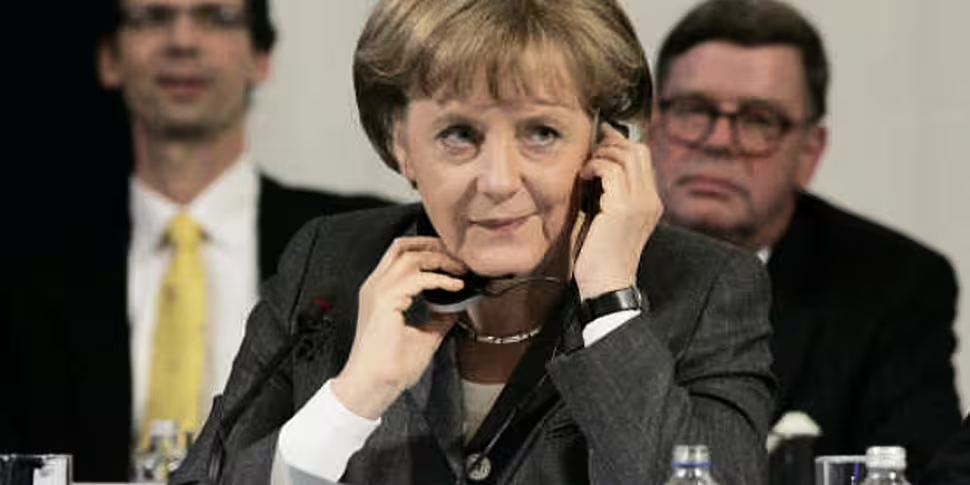The US spy agency monitored the telephone calls of 35 world leaders, according to the latest leaked documents from whistleblower Edward Snowden.
A confidential memo shows the National Security Agency (NSA) obtained the numbers from one senior official in another government department, who passed on contacts for some 200 people.
According to the report in The Guardian, the agency encouraged senior officials in departments such as the White House, the State Department and the Pentagon to share "Rolodexes" filled with numbers for foreign politicians.
The disclosure follows allegations that the US tapped the mobile telephone of German Chancellor Angela Merkel.
The German leader warned the US on Thursday that eavesdropping on allies was unacceptable, saying: "Spying on friends, that’s just not done."
The German Chancellor made her comments as she was heading into a European Union summit in Brussels where the growing spy scandal had been catapulted to the top of the agenda.
Ms Merkel had already told Barack Obama during a heated telephone conversation that if suggestions the US had bugged her phone were true, it would be unacceptable and a "serious breach of trust".
Despite initial assurances that the US was not and would not listen to Ms Merkel's phone, the White House on Thursday refused to be drawn over allegations, leaving widespread speculation over whether the US had tapped her phone in the past.
Press secretary Jay Carney said the White House is "not going to get into specific allegations that have been made in public reports".
Speaking at the EU summit, Ms Merkel, who is so attached to her mobile phone that she bought 10,000 specially encrypted handsets for her and her staff, said: "We need trust among allies and partners. Such trust now has to be built anew. This is what we have to think about.
"The United States of America and Europe face common challenges. We are allies but such an alliance can only be built on trust. That's why I repeat again: spying among friends, that cannot be."
The latest revelations will heighten the tensions between the US and key European allies, whose leaders, speaking at the 28-nation summit meeting, echoed Ms Merkel's words.
French President Francois Hollande said: "What is at stake is preserving our relations with the United States. They should not be changed because of what has happened. But trust has to be restored and reinforced."
Swedish Prime Minister Fredrik Reinfeldt called it "completely unacceptable" for a country to eavesdrop on an allied leader.
Dutch Prime Minister Mark Rutte said that if reports that Ms Merkel's cellphone was tapped were true, "it is exceptionally serious".
Italian Premier Enrico Letta said: "It is not in the least bit conceivable that activity of this type could be acceptable."
The latest NSA memo is dated October 2006, and was issued to staff in the agency's Signals Intelligence Directorate (SID).
It describes how US officials who mixed with world leaders and politicians could help agency surveillance.
It notes: "In one recent case a US official provided NSA with 200 phone numbers to 35 world leaders.
"Despite the fact that the majority is probably available via open source, the IPCs (intelligence production centres) have noted 43 previously unknown phone numbers. These numbers plus several others have been tasked."
The document also describes how the numbers provided the NSA leads to further telephone numbers which were also "tasked", but admits that the surveillance had produced "little reportable intelligence".
Earlier, The Daily Telegraph reported that the US had denied ever spying on Prime Minister David Cameron.
Caitlin Hayden, a spokesman for the US National Security Council, said: "We do not monitor PM Cameron's communications."
Asked if the US had ever spied on Mr Cameron in the past, she replied: "No."
The Prime Minister's official spokesman refused to comment, saying: "I'm not going to comment on matters of security or intelligence."
Britain and the US - along with Canada, Australia and New Zealand - are members of the so-called "Five Eyes" group, who share signals intelligence and are supposed not to spy on each other.









